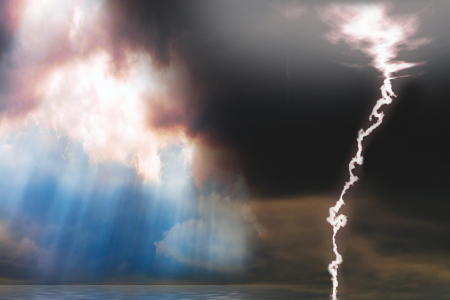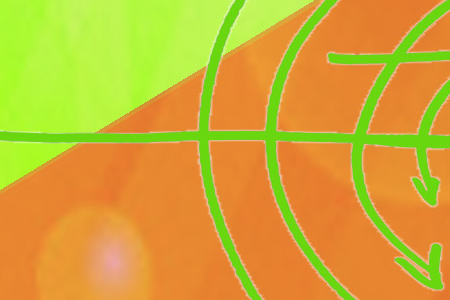A Quick Rundown of How Kabbalah Speeds Up a Person’s Entrance into the Spiritual Reality
The difference between the revealed and the concealed in this world and the spiritual world is only with respect to us. Everything we still do not know—in this world, as well—is called “concealed.” If what is unknown becomes known, it becomes revealed. Thus, at any given moment we are in both the revealed and the concealed. The difference between this world and the spiritual world is in the way we acquire forms and patterns of perceiving reality.
The spiritual world is a reality where the patterns to perceive it do not come naturally, from within us or from the environment. Because the spiritual reality abides by opposite laws than our natural laws, where we presently exist, the spiritual world requires that we invert our attitudes. But where can we find the “opposite” strength to build “opposite forms”?
Such an inversion requires a special process, called Segula (merit). Segula refers to an indirect process that traverses the Upper System, and then returns to the individual. Using Kabbalah studies, one draws nearer to the Upper, altruistic Thought. This Thought does not act upon the will to receive, or upon the ego, but rather on the altruistic point—the point in the heart.
Utilizing the Point of Contact with the Spiritual Reality to Advance towards It
The similarity of nature between the point in the heart and the Upper Thought creates a connection between them, and they possess the same nature. The Upper Thought acts upon the point and molds it into various patterns, which we perceive as seeming to exist outside of us, in the spiritual realm.





